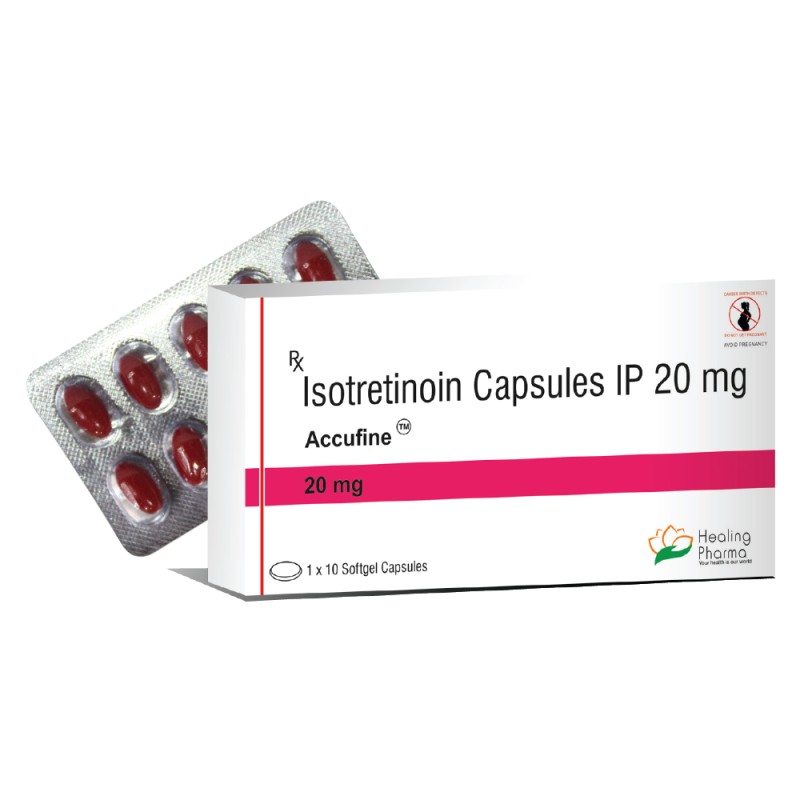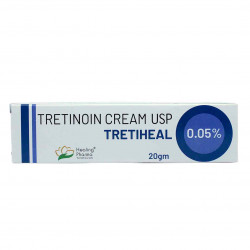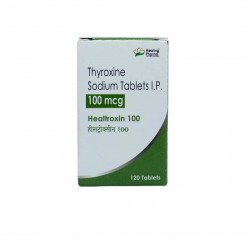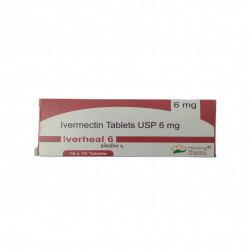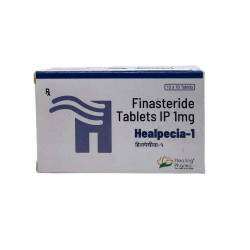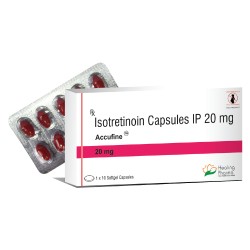
This warehouse cannot ship to European Union, Canada, Australia and Switzerland.
DO NOT order if you are based in these locations.
Respectfully,
OSGear Team
Accufine 20 mg - Healing Pharma
ACTIVE HALF-LIFE 20-22 hours
CLASSIFICATION Dermatotropic drug
DOSAGE 10-40 mg/day
ACNE No
WATER RETENTION No
HBR No
HEPATOTOXICITY Yes
AROMATIZATION No
MANUFACTURER Healing Pharma
WAREHOUSE International Warehouse 1 (Indian Pharmacy)
SUBSTANCE
Isotretinoin,
How To Take
This medicine should be taken together with food or immediately after a meal. Swallow it whole with a glass of water. Do not break, chew, or suck the capsule. Try to take it at the same time each day.
Take Isotretinoin precisely as directed by your doctor or according to the instructions on the label. Do not take more or less than instructed by your doctor.
Dosage of Isotretinoin (Accufine 20) 20 mg
Initial: 0.5 mg/kg/day in single or 2 divided doses, increased to 1 mg/kg/day as needed. Usual duration: 16-24 weeks. Ensure a 2-month drug-free interval if a 2nd course is needed.
Missed Dose
If you miss a dose, skip the missed dose and return to your regular dosing schedule. If you often forget to take your medicine, let your doctor and pharmacist know.
Do not double a dose under any circumstances.
Overdose of Isotretinoin (Accufine 20) 20 mg
If you think you may have used Isotretinoin more than the usual dose, please seek medical help immediately.
Contraindications
People with the following medical conditions should not take Isotretinoin:
Hypervitaminosis A
Hyperlipidemia
Hepatic impairment
Pregnancy and lactation
Concomitant administration of tetracyclines.
Side Effects
Isotretinoin may have the following side effects:
Erythema
Skin exfoliation
Stinging sensation
Pruritus
Irritation
Tenderness
Dry skin
Hirsutism
Photosensitivity
Skin pigmentation
Paronychia
Nail dystrophy
Pyogenic granuloma
Increased sweating
Corneal opacities
Visual disturbances
Headache
Nausea and vomiting
Arthralgia
Myalgia
Back pain
Intracranial hypertension
Hyperostosis and calcinosis
Elevation of serum triglycerides, liver function tests, ESR and blood glucose
Mood changes
Psychotic symptoms
Depression and suicidal behavior.
Potentially Fatal:
Hemorrhagic pancreatitis
Severe skin reactions (e.g., Stevens-Johnson syndrome, toxic epidermal necrolysis).

